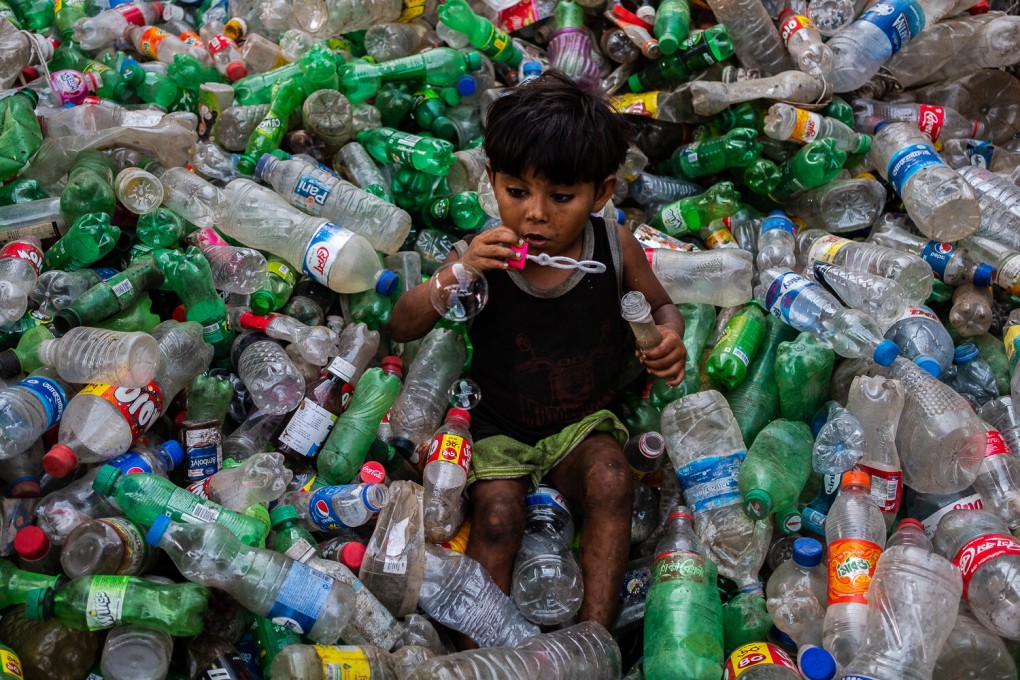Advertisement
The View | To fight climate change, Asia must reinvent its economic wheel
- The region has been slow to move from a linear ‘make, use and dispose’ economic model to a circular one in which nothing goes to waste, with cost often cited as a barrier
- However, the German example shows that encouraging businesses and consumers to recycle does not adversely affect growth
Reading Time:3 minutes
Why you can trust SCMP
2

That many major economies are facing the prospect of severe energy shortages this winter should sound the alarm that investment in renewable energy alone will not be enough to reduce the effects of climate change.
Advertisement
Our current unhealthy dependence on a linear economy where we “make, use and dispose” is no longer sustainable. As the COP26 climate conference comes to an end in Glasgow and amid the pandemic, it is worth thinking about why many parts of the world, particularly Asia, lack the momentum to aggressively transition from a linear to a circular economy.
In a circular economic model, everything has value and nothing goes to waste. Its primary intention is to close the circle of consumption and create value for people, institutions and, above all, the planet.
Although most politicians and business leaders recognise the importance of this transition, they often cite costs and the lack of profitability as a major reason it is not feasible.
While it is important to acknowledge the additional costs businesses take on to implement greener measures, more could be done to debunk the myth that the circular economy is anti-growth and anti-profit. The World Economic Forum estimates that the circular economy can add US$4.5 trillion in economic benefits up to 2030.
Advertisement

Advertisement

